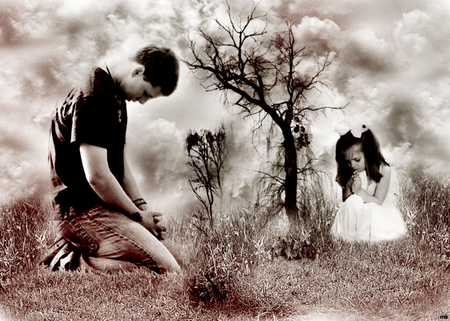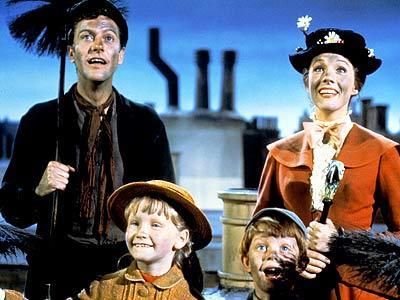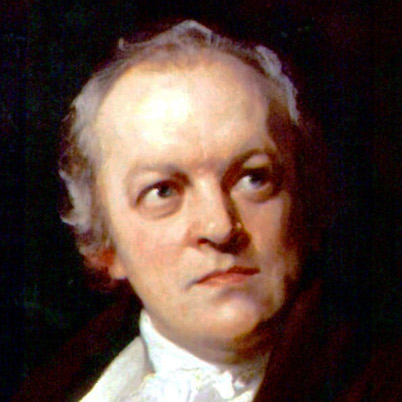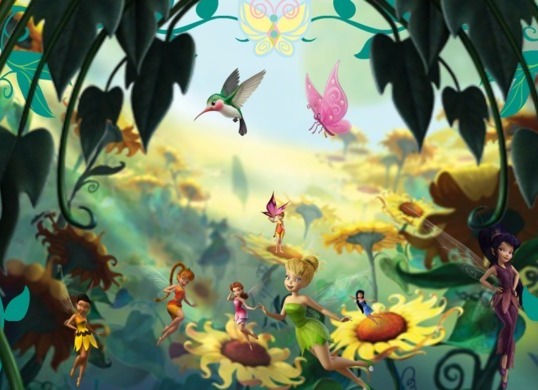Critical Analysis of ‘For Anne Gregory’:
“For Anne Gregory” is both a sweet and a scathing poem. It is sweet, for it makes us privy to the kind of lovely conversation the poet could have with the young girl Anne Gregory. This is proof of his intimate relations with the family of Lady Gregory. The compliment that the poet pays Anne at the end of the poem is another reason for calling it a sweet poem. Young women often suffer from insecurities about the way they look, but as the poet assures Anne, if you are a beautiful person on the inside, then you can never look ugly. However, this poem has a somewhat hidden meaning. Rather, it would be better to say it reveals certain stereotypes that are not generally noticed. The fact that yellow or blond hair is appealing cannot be denied. However, Anne associates other hair colours or darker hair colours with ugliness. In young adult fiction, red-haired women are often considered ugly. Moreover, in all fairy tales, witches are shown to have dark black or brown hair. These notions are put into our heads since childhood or adolescence, and hence, it is difficult not to be influenced by them. That is perhaps why girls with dark hair or red hair always feel that they are ugly in comparison with those having blond hair. Such notions are, of course, reinforced by men. Men prefer women who are conventionally beautiful rather than those whose beauty is of a different kind. They generally look only at the physical appearance of women and not at what kind of person they are on the inside. They judge women by their looks, and so a girl who isn’t pretty but who perhaps has a great personality or some unique talent is not appreciated by her male peers in the same age group. The poet feels that this is an injustice, and so he tells Anne to beware of men who love her for her yellow hair or for her outward appearance only. He tells her that she should only value a man who loves her for her inner beauty, even if such a man is hard to come by.
Annotation of For Anne Gregory:
Please note: N= noun, V=verb, Adj=Adjective, Adv=Adverb, P=Preposition
Despair (N): The complete loss or absence of hope
Ramparts (N): Plural form of the word “rampart”, that is, a defensive or protective barrier
Dye (N): A natural or synthetic substance used to add colour to or change the colour of something
Declare (V): Say something in a solemn and emphatic manner
Text (N): A book or other written or printed work regarded in terms of its content rather than its physical form
Poetic Devices in For Anne Gregory:
Rhyme scheme:
If we divide this poem of 18 lines into 3 units of 6 lines each, then each of these units will be found to follow the same simple rhyme scheme, that is, ABCBDB.
Rhetorical devices:
Apostrophe:
This rhetorical device is used when a poet addresses his or her poem to an absent audience. In this poem, the poet follows the device of the apostrophe as he is addressing himself to Anne Gregory, but we, the readers, never see her at any point in the poem.
Metaphor:
This rhetorical device is used when a covert comparison is made between two different things or ideas. In this poem, the poet uses the device of metaphor in the 4th line when he compares Anne Gregory’s hair with the ramparts of a castle. Like the ramparts, her hair also protects her face from being seen fully.
Metonymy:
This rhetorical device consists of the substitution of the name of an attribute or adjunct for that of the thing meant. In this poem, the poet uses the device of metonymy in the 9th line when he uses the word “carrot” to mean the colour orange while making suggestions about what colour she can dye her hair.
Compound Words:
Compound words are formed by adding two words into a single one when normally those words are not used together. In this poem, the poet uses the device of the compound word in the 14th line when he combines the words “yesterday” and “night” to create the word “yesternight”.
Central Idea of For Anne Gregory:
In this poem, the poet describes a conversation between himself and Lady Gregory’s granddaughter named, Anne Gregory. He tells Anne that her yellow hair is beautiful and that all the young men who claim to be in love with her love her for that hair. In other words, all men love her for her outward appearance and not for her inner beauty. Anne then replies to the poet by saying that she can easily dye her hair black or brown or orange, and then she would look ugly. If she looked ugly, then perhaps some man would look beyond her appearance and see her for who she really is on the inside. However, the poet quickly assures her that no such thing will happen. It is a universal truth that men always judge women on their physical appearance alone. Besides, even if Anne wants to look ugly, she cannot do so, for she is a beautiful person on the inside.
Themes of For Anne Gregory:
Conventional ideas of beauty:
The idea of “beauty” is a cultural conception or one that has been created by human beings themselves. That is why this idea is very one-dimensional and unchanging. It is believed that women with lighter hair (and lighter skin, though that is not the issue here) are beautiful, whereas women with darker hair are ugly. This idea is so pervasive that everyone takes it for granted and believes in it blindly. Even Anne Gregory thinks the same way about beauty. She believes that if she dyes her hair black or brown or red, then she will look ugly, as opposed to her naturally blond and honey-coloured tresses that make her look beautiful. However, the poet gives us an alternate idea of beauty; he tells Anne that since she is a beautiful person on the inside, she cannot look ugly even if she wants to. That is, beauty exists within us and not outside. However, we do not see Anne responding to the poet’s unconventional idea of beauty in this poem. Hence, we do not know if his idea has been accepted by her.
Men judge only by outer appearance:
Throughout the poem, the poet has made a critique of men. By repeatedly telling Anne that men love her only for her yellow hair, he has made it clear that men judge women only by their physical appearance. They never look beyond women’s appearance and try to get to know women for their personality or their inner beauty. However, the poet believes that this is very wrong. He feels that men should get to know who women are on the inside and appreciate them for the same. He knows who Anne really is, and that is why he can assert that she is a beautiful person on the inside. He only hopes that some other man in her own peer group will also appreciate the same qualities in Anne that he sees in her, but he also knows that this is unlikely to happen.
Universal truth told by a wise man:
The “old religious man” that the poet mentions in the last stanza is the embodiment of wise men. These are men who are very learned and who know all there is to know about this world. The poet’s man is also very well-read, and in fact, one manuscript that he has read says that only God loves a woman for more than her physical appearance. Of course, the poet does not mean that such a manuscript exists literally. What he means is that it is a universal truth that no man can judge a woman by anything other than her looks. Moreover, it is only God who knows people for what they really are. God also knows that Anne is a beautiful person, and therefore, God loves her for her sweet and kind nature rather than her good looks.
The Tone of For Anne Gregory:
The tone of this poem is light and relaxed. It seems that the poet and Anne Gregory are in a relaxed mood and are merely having a fun conversation. They may disagree on the issue at hand, but their conversation never turns into a heated argument. Instead, they each present their point of view in a humorous way. However, this tone does not match the message that the poem gives us. It is, in fact, making quite a feminist argument by saying that men only judge women in terms of their physical appearance. However, its tone is neither aggressive nor disheartened at such a thought.
Conclusion:
“For Anne Gregory” is by no means a typical Yeats poem. For one thing, Yeats generally writes on themes drawn from myth or folklore. However, the content of this poem is decidedly realistic. Moreover, Yeats is not known to have voiced any strong feminist message in his poems. It must be kept in mind, though, that Yeats had seen many influential women in his life (including Anne’s grandmother, Lady Gregory), and he respected them all tremendously. For example, Maud Gonne was known to be a beautiful woman, but Yeats loved her more for her mind than for her body. Hence, it is only slightly surprising that the content of this poem should focus on the importance that should be paid to women’s inner persona rather than their outer beauty. For these reasons, this poem is not a typical Yeats poem, but it is certainly a delightful one, and its message should resonate with every contemporary reader.
Updated by Anjali Roongta on 11th April 2023
Some online learning platforms provide certifications, while others are designed to simply grow your skills in your personal and professional life. Including Masterclass and Coursera, here are our recommendations for the best online learning platforms you can sign up for today.
The 7 Best Online Learning Platforms of 2022
- Best Overall: Coursera
- Best for Niche Topics: Udemy
- Best for Creative Fields: Skillshare
- Best for Celebrity Lessons: MasterClass
- Best for STEM: EdX
- Best for Career Building: Udacity
- Best for Data Learning: Pluralsight













